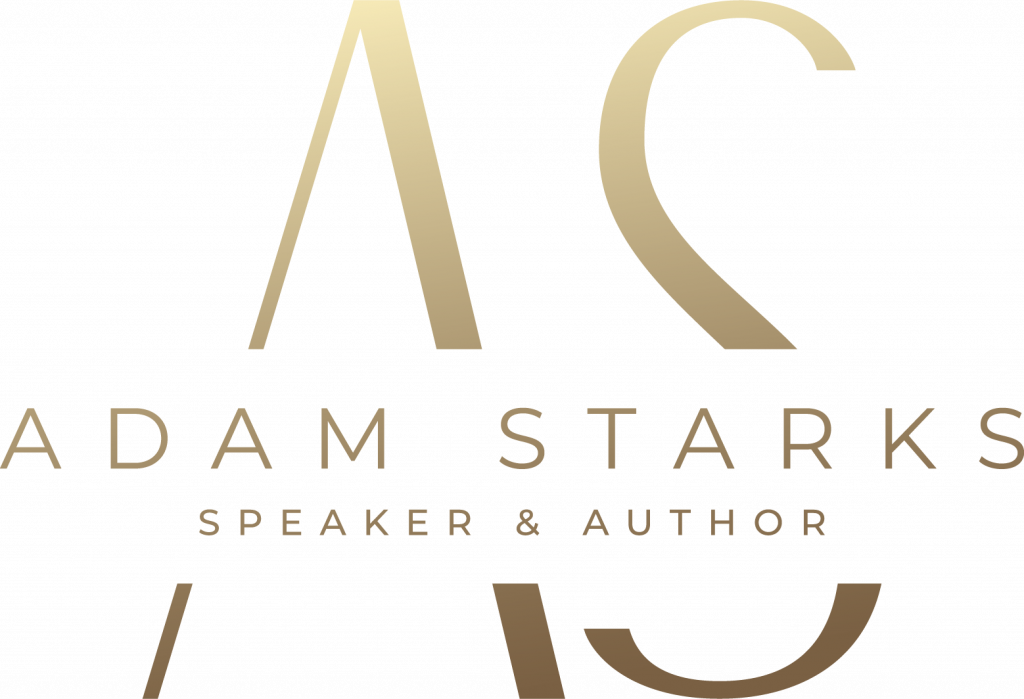Like any other state, where you’re raised is only as relevant as what you choose to make of it. It’s also largely about the circumstances we fall into, which are uncontrollable during childhood When I arrived on a large farm in Rappahannock County, Virginia, I can recall the culture shock from being pulled against my will from the city life in Burbank, California. That uncertainly would continue to spiral long into my teenage years.
Our futures may belong to the paths we choose or the opportunities presented to us along the way, but nature-nurture sequence of events have a lot of pull in that destined outcome. My sister was left behind in a California city with her father who had custody of her. My brothers and I went with my mother cross-country to rural Virginia. My sister went on to live a solidly normal life and graduated from the prestigious Stanford University. She also went onto graduate from Duke with a master’s degree and UNC-Charlotte with a Ph.D.
On the other hand, Virginia Raised highlights my desperate attempts to ensure my brothers and I would survive before being swooped up and taken into foster care. For readers thus far, the chapter has brought many people who know me personally to tears, but I only ask that you think of the hundreds of thousands of children facing the same fate in the U.S. right now. I made it out okay, but too many of them never overcome the trauma of being taken from their family never to be reconnected or facing hunger on a daily basis. It’s difficult to overcome that type of instability, but it can be done with the help of community members willing to step up in place of absent/negligent parent(s). I didn’t realize it as an eight-year old, but my community stepped in at the right moment to remove us from a terrible situation. I hope this chapter offers a glimpse into the lives of foster and at-risk children throughout our country.
Now back to my sister’s results compared to my outcome. We both took very different pathways, with her journey being more secure while my formative years were faced with turmoil. However, we both ended up with PhDs. She is a successful professor at Providence, and I am a successful federal employee with a wife of 12 years and three amazing children. While the nature versus nurture debate rages on, I want everyone to understand that every child has potential. It is absolutely vital to our society’s future to help these broken children recognize their worth and unlock that potential. Regardless of our circumstances, we have a responsibility to act in the best interest of our children. I don’t know why there are so many people who neglect their own offspring in this country, but we must come together to find viable solutions to a snowballing problem. Then, and only, then will we unveil the absolute potential of our nation.
The Broken Child Mended Man e-book is available at several online booksellers:

